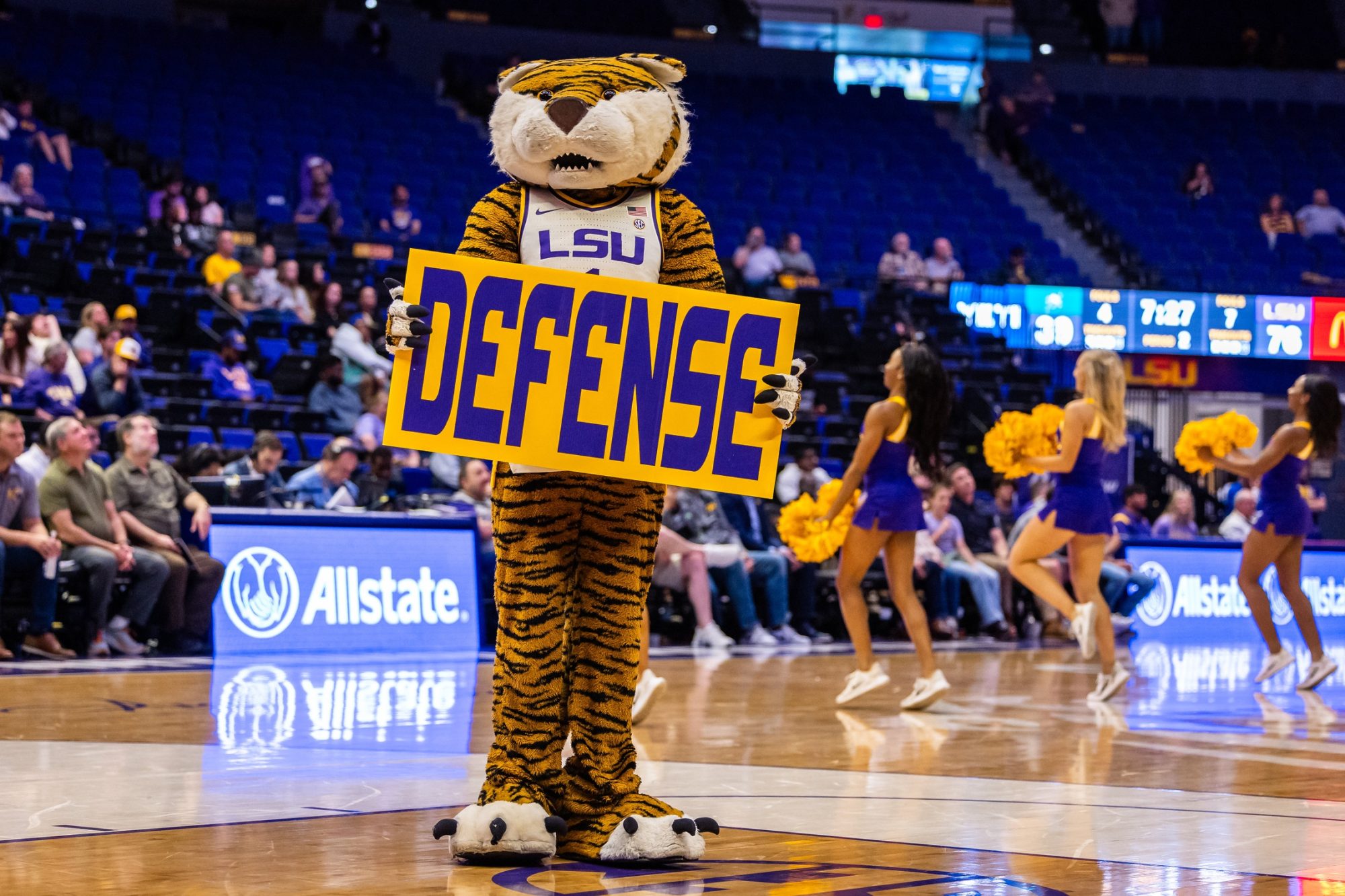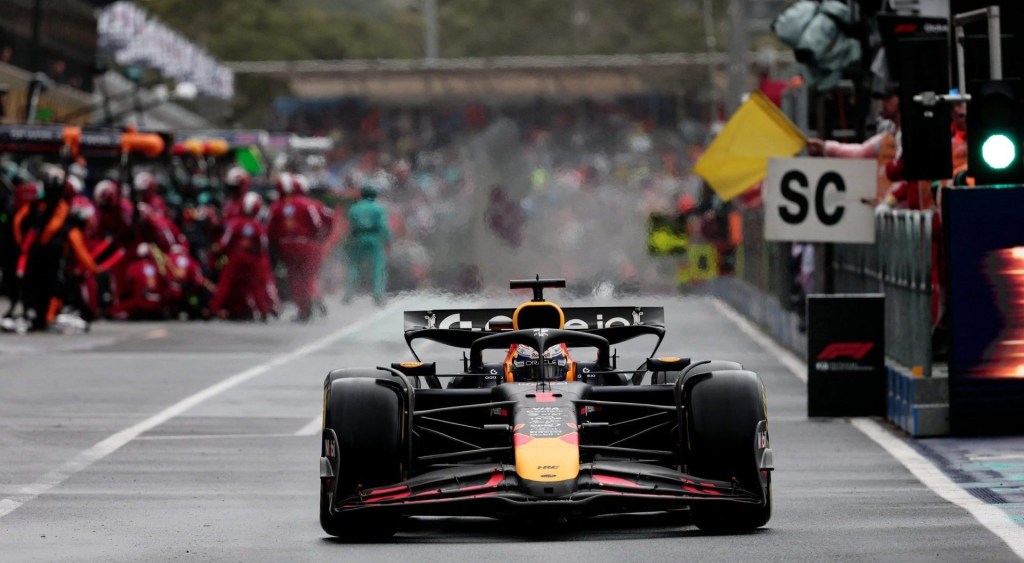Louisiana Attorney General Liz Murrill is entering the name, image, and likeness space—while using public funds to do so.
Murrill is launching an anti-vaping campaign for youth that will pay athletes at LSU—her alma mater—and other state schools while using funds from a settlement with Juul Labs, which manufactures electronic cigarettes. It is the first state-funded NIL deal in Louisiana. The news was first reported by the Louisiana Illuminator.
Public records show the state has agreed to spend $281,000 over three years for NIL deals with athletes at LSU getting $225,000 of that amount. The rest of the $56,000 will be divided among athletes at Louisiana-Monroe, Grambling State, Northwestern, Southeastern, and McNeese, all state universities. Athletes at the other schools will get between $1,000 and $3,000 each, according to the Illuminator.
Using public funds to pay college athletes is a novel twist even in the still-nascent and largely unregulated world of NIL. NIL deals are funded by a range of companies, from household names like Adidas to local car dealerships and restaurants.
“I just question this approach because while you’re addressing an important issue, opening up a whole other can of worms by paying college athletes with public dollars feels very problematic,” Peter Robins-Brown, executive director of Louisiana Progress, an advocacy group for poor and marginalized people, told the Illuminator.
However, Murrill is targeting the right demographic. A 2021 study by the Centers for Disease Control and Prevention found e-cigarette use was at its highest among adults ages 18–24, accounting for 11% of all age demographics.
Money for LSU athletes will be paid to Playfly Sports Properties, a third-party company that handles corporate partnerships for LSU’s athletic department. The state will pay an additional $125,000 to Playfly for LSU athletes to participate in anti-vaping campaign events, according to the contract, giving the Tigers a total of $350,000 as a result of the attorney general’s settlement. The contract doesn’t specify which LSU athletes will be used in the campaign, but it prohibits those who do from vaping.
The deal also calls for anti-vaping signs to be posted at Tigers sporting events, including volleyball, basketball, and gymnastics, in addition to 30-second commercial spots during basketball and baseball broadcasts and 500,000 digital ad impressions on LSUsports.net, the school’s official website for athletics.
The settlement money, which totals $10 million, stems from a lawsuit against Juul that was led by Murrill’s predecessor and current governor Jeff Landry. In the original lawsuit, Landry alleged Juul specifically targeted its products to underage kids. The money is required to be used to combat teens and adults under 21 from vaping.
The state does not have any law that restricts the use of public funds going toward NIL, which makes Murrill’s actions legal, though no other state agency has engaged in similar deals, according to the Illuminator. While the deal is unique to the state, other political entities have engaged in NIL deals, especially for health initiatives, including the federal government paying athletes to promote vaccines.
Most state governments have helped with NIL by creating laws that make it easier for athletes to get paid, such as Missouri, which allows high school players who sign with a state university to start receiving NIL money once they’ve signed their letter of intent. If states have helped schools through NIL, it hasn’t been widely broadcast.
Murrill could be creating a new category where states aid their flagship universities through NIL.
According to the attorney general, $2 million of the $10 million in settlement money has paid for anti-vaping billboards and public service announcements on the radio. “We wanted a campaign that was more interactive with our target audience of sixth graders,” Murrill said in a statement. “These student athletes are partnering with Department of Justice Outreach Staff with presentations directly to sixth graders. They are working hard for this money, as they are out in the field talking to sixth graders.”






![[Subscription Customers Only] Jun 15, 2025; Seattle, Washington, USA; Botafogo owner John Textor inside the stadium before the match during a group stage match of the 2025 FIFA Club World Cup at Lumen Field.](https://frontofficesports.com/wp-content/uploads/2026/02/USATSI_26465842_168416386_lowres-scaled.jpg?quality=100&w=1024)
![[Subscription Customers Only] Jul 13, 2025; East Rutherford, New Jersey, USA; Chelsea FC midfielder Cole Palmer (10) celebrates winning the final of the 2025 FIFA Club World Cup at MetLife Stadium](https://frontofficesports.com/wp-content/uploads/2026/02/USATSI_26636703-scaled-e1770932227605.jpg?quality=100&w=1024)









